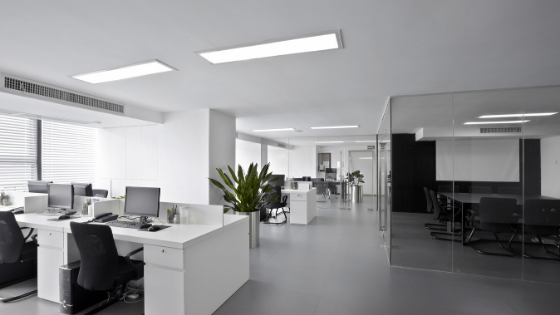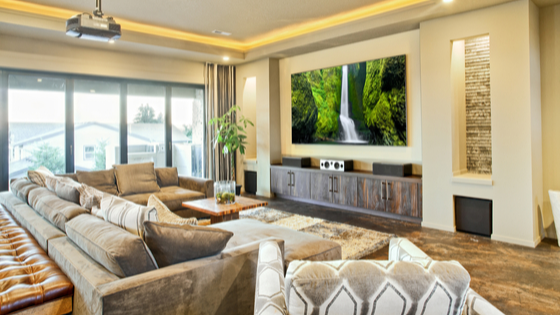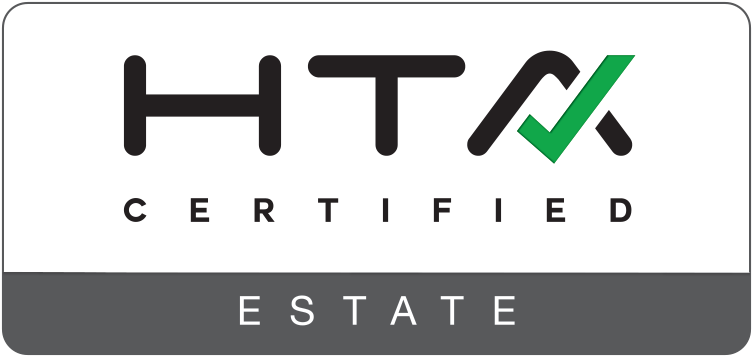Are you no longer looking forward to going to work? If you’re feeling demotivated, it probably has more to do with your office’s atmosphere than your responsibilities. According to the American Society of Interior Designers, 68% of employees are dissatisfied with their office’s lighting. Lighting is one of the most important factors in ergonomics, but this part of an office’s design is usually overlooked and rushed.
Dim lighting can strain your employees’ eyes and leave them with headaches, which results in fatigue; this causes low productivity and will hurt your company’s bottom line. Harsh lighting is just as bad as dim lighting, as it also causes eye strain and can trigger migraines.
Is there a perfect lighting balance? Keep on reading to learn how your office can benefit from better lighting.
How Poor Lighting Impacts Mental Health
As more companies are taking an interest in their employees’ mental health, the primary focus is usually on fostering a casual environment by incorporating team-building activities and allowing employees to work from home once a week. However, most companies overlook poor lighting, even though it’s associated with a range of ill-health effects.









